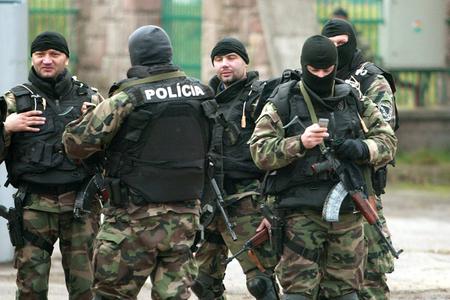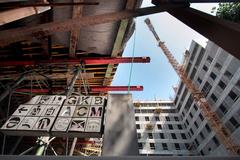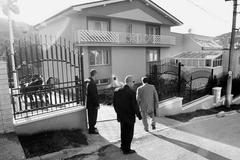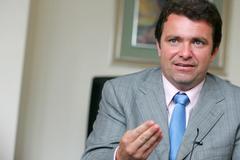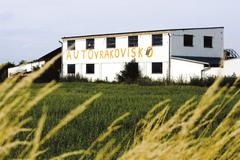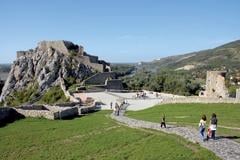- Ambulance hit by Russian drone goes on display in centre of Bratislava
- US giant pulls plug on Slovak factory, axing 137 jobs
- Confetti, chants and history: Hejková’s dream goodbye after nearly 40 years at the top
- Bratislava’s embassy-backed events you don’t want to miss
- Slovakia’s public finances remain in deep trouble
- The British Film Institute shines a light on Slovak cinema’s boldest chapter Video
- “Return not,” the ocean cried. But I returned for her
- Hundreds of people ousted from Bratislava’s Volkswagen
- “Return not,” the ocean cried. But I returned for her
- Ambulance hit by Russian drone goes on display in centre of Bratislava
- Bratislava’s embassy-backed events you don’t want to miss
- The British Film Institute shines a light on Slovak cinema’s boldest chapter Video
- Slovakia's latest basketball star is destined for great things in the USA
- When to shop over Easter: Opening hours for supermarkets in Slovakia
- 3 free things to do in Bratislava in the next seven days
- US giant pulls plug on Slovak factory, axing 137 jobs
- 3 free things to do in Bratislava in the next seven days
- “Return not,” the ocean cried. But I returned for her
- Hundreds of people ousted from Bratislava’s Volkswagen
- The British Film Institute shines a light on Slovak cinema’s boldest chapter Video
- Weekend: What to make of Easter in Slovakia
- News digest: Finns air unseen video of Fico shooting, PM’s bloody jacket driven away by minister
- US giant pulls plug on Slovak factory, axing 137 jobs
- Slovakia's latest basketball star is destined for great things in the USA
- “Return not,” the ocean cried. But I returned for her
- German shoemaker Lowa joins wave of factory closures in Slovakia
- 3 free things to do in Bratislava in the next seven days
- A café in an ice cellar, sand dunes and a flower shop at the border
- US giant pulls plug on Slovak factory, axing 137 jobs
- Hundreds of people ousted from Bratislava’s Volkswagen
- When to shop over Easter: Opening hours for supermarkets in Slovakia
- Danish shoemaker to shut Slovak factory, axing 650 jobs in fresh blow to struggling region
- Confetti, chants and history: Hejková’s dream goodbye after nearly 40 years at the top
- Slovakia’s public finances remain in deep trouble
- Ambulance hit by Russian drone goes on display in centre of Bratislava
- Why this gorge deserves a spot on your bucket list Photo
- The British Film Institute shines a light on Slovak cinema’s boldest chapter Video
- Bratislava’s embassy-backed events you don’t want to miss
- Water supply to be cut in parts of Bratislava’s Old Town in late April
- Slovakia's latest basketball star is destined for great things in the USA More articles ›


